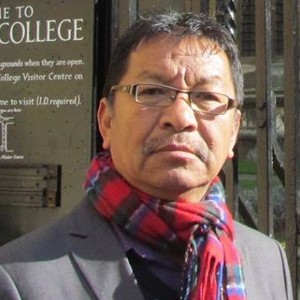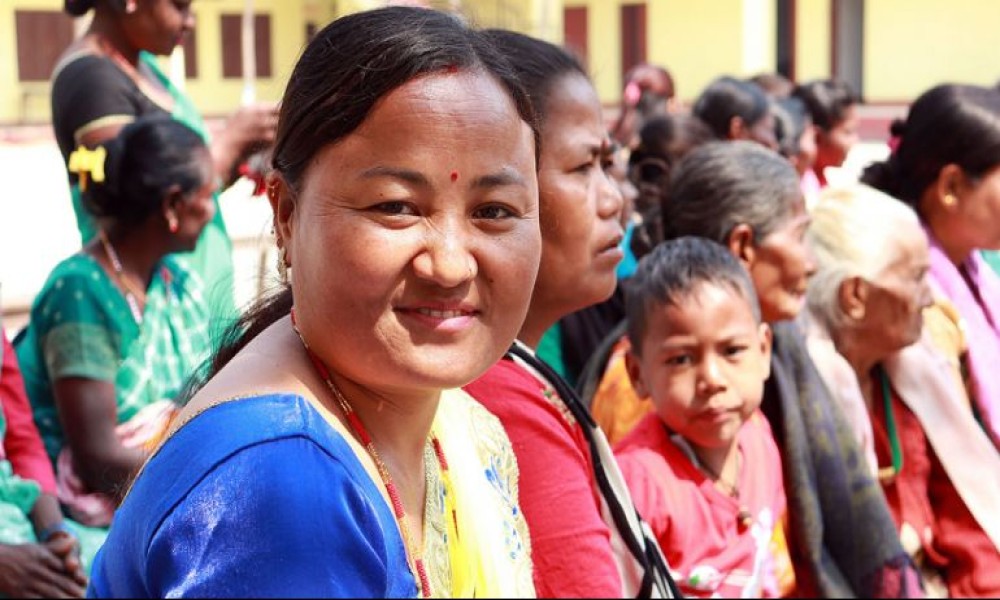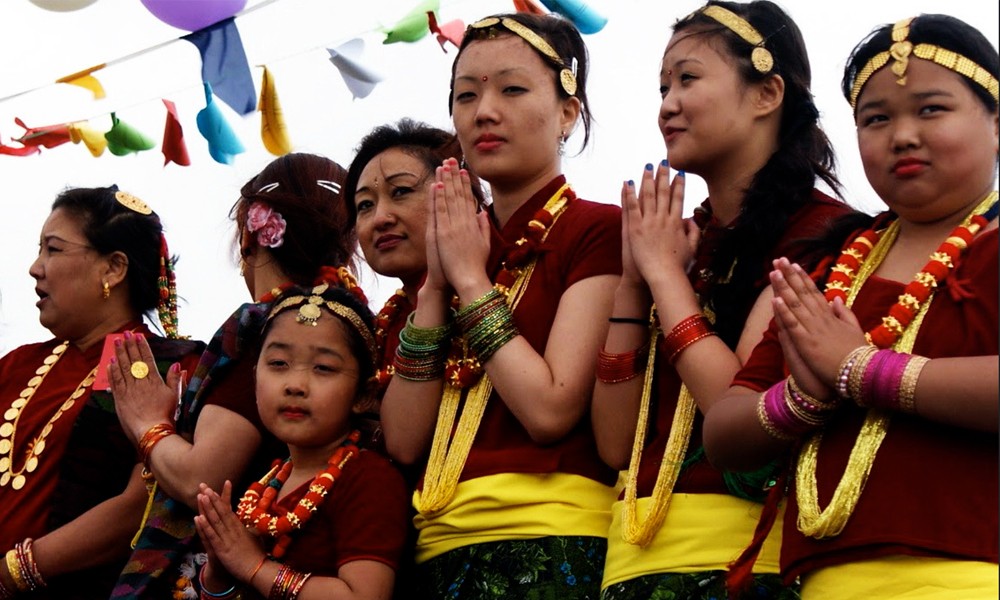When China's communist government enforced a lockdown in the Chinese city of Wuhan -- the first epicenter of the coronavirus outbreak -- to contain the spread of the deadly pathogen, it was slammed for violating human rights of its citizens. But when the virus spread all over the world, western democratic countries like Italy, Spain, the U.S. and New Zealand also followed the Chinese model of lockdown. However, some countries like Sweden, South Korea, Singapore and Australia managed to minimize the damage caused by the COVID-19 pandemic without enforcing strict lockdowns.
The fact that some countries have managed to contain the epidemic without lockdowns proves that restricting people to their houses for months is not an evidence-based approach to deal with such a contagious virus. After all, some countries like the U.S. are struggling to contain the outbreak despite lockdowns.
Although the coronavirus infects people indiscriminately, minorities, marginalized, poor and weak people are suffering from it more. According to a CNN story written by Rob Picheta on 7 May, black people in the UK are four times more likely to die from the COVID-19 than white people. The same story says people of Pakistani, Bangladesh, Indian, and mixed ethnicities are at a significantly higher risk of death from this pandemic.
Although the coronavirus infects people indiscriminately, minorities, marginalized, poor and weak people are suffering from it more.
That black people and those from South Asian countries are more vulnerable to the COVID-19 could be a result of their socio-economic disadvantages and other circumstances, as explained in a report that Picheta quotes in his story.
In his op-ed piece published in the New York Times on 14 April, Jamelle Bouie writes: Federal officials have tied these disparities to individual behavior -- the surgeon general of the United Sates, Jerome Adams, who is African-American, urged blacks and other communities of color to "avoid alcohol, tobacco and drugs" as if this was a particular problem for those groups. In truth, black susceptibility to infection and death in the coronavirus pandemic has everything to do with the racial character of inequality in the United States.
To find an example of how the coronavirus is impacting minorities and marginalized, you do not need to go as far as to people of color in the U.K. and the U.S. Professor Pushpa Kamal Subedi writes in a Facebook post: Most Nepali people who have died of the COVID-19 abroad are Janajati (including Newars) compared to Brahmin and Chhetri. In Nepal, religious minorities, Dalit, Madhesi and Janajati are being infected with the coronavirus than other people. According to journalist Naresh Khapangi, 40 Nepali people have already died of the COVID-19 in the UK. Of them, 80% people are ex-British Gurkha soldiers and their family members.
We have no work, no food. We have no place to live in. Police do not allow us to live on the footpath either.
After India announced what Indian Prime Minister dubbed 'people curfew', Nepal also announced a nationwide lockdown on 24 March. But the lockdown turned out to be a bigger disaster than the COVID-19 pandemic for hundreds of thousands of Nepali migrant workers. A porter working in Kathmandu said: "We have no work, no food. We have no place to live in. Police do not allow us to live on the footpath either."
Most internal migrant workers stayed where they were for the first week. When the lockdown was extended, and after their ration stocks ran out, they began walked for days to reach their houses. But the State did not have a plan to manage this humanitarian crisis caused by the lockdown.
Just like the coronavirus, no natural or man-made disaster targets particular caste, religion or ethnicities. But people economically, socially and politically marginalized are affected by any disasters more than privileged communities. This is what is happening now in the wake of the coronavirus epidemic.
This is the summarized and unofficial translation of Balkrishna Mabohang's article originally published in Naya Patrika







